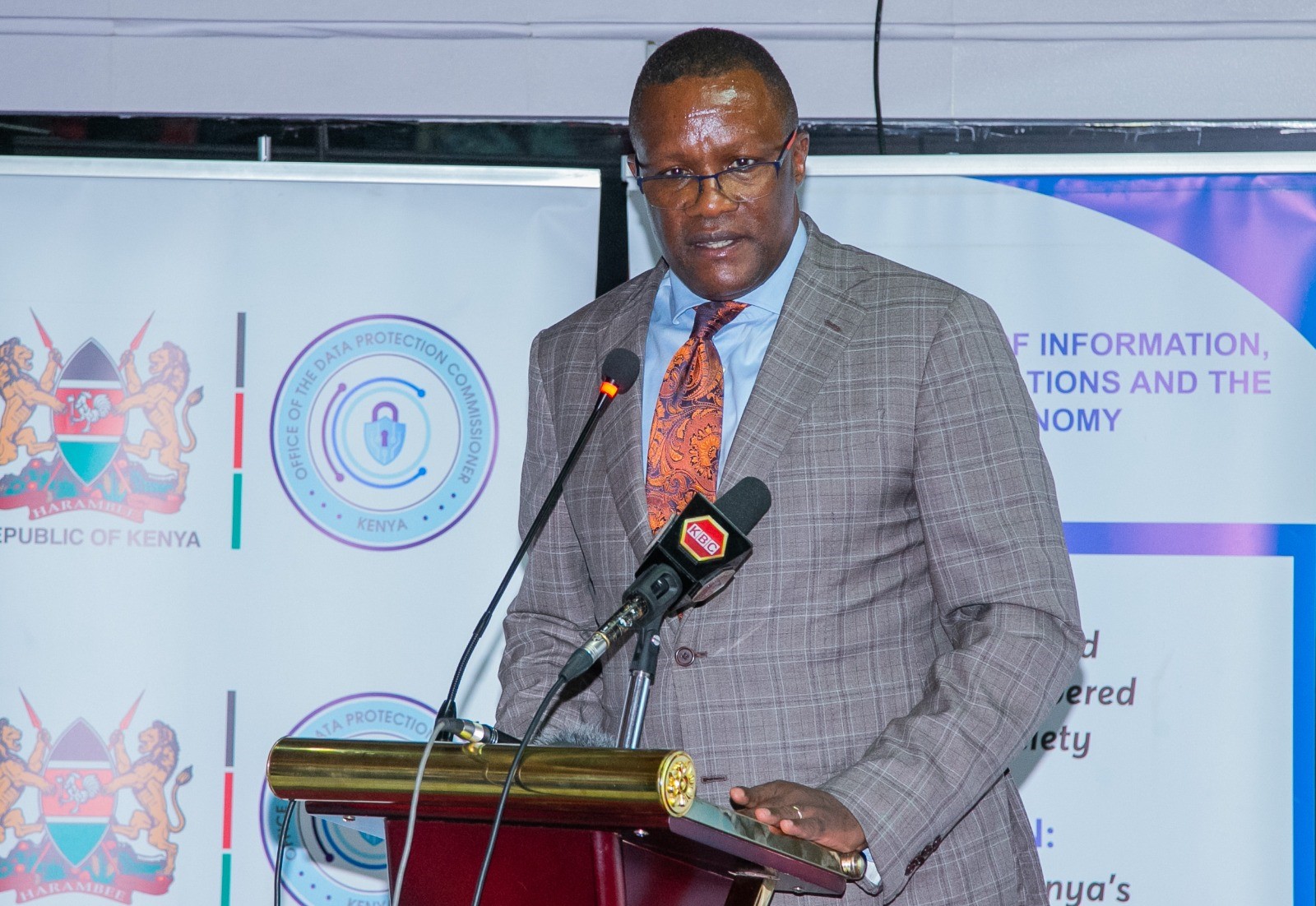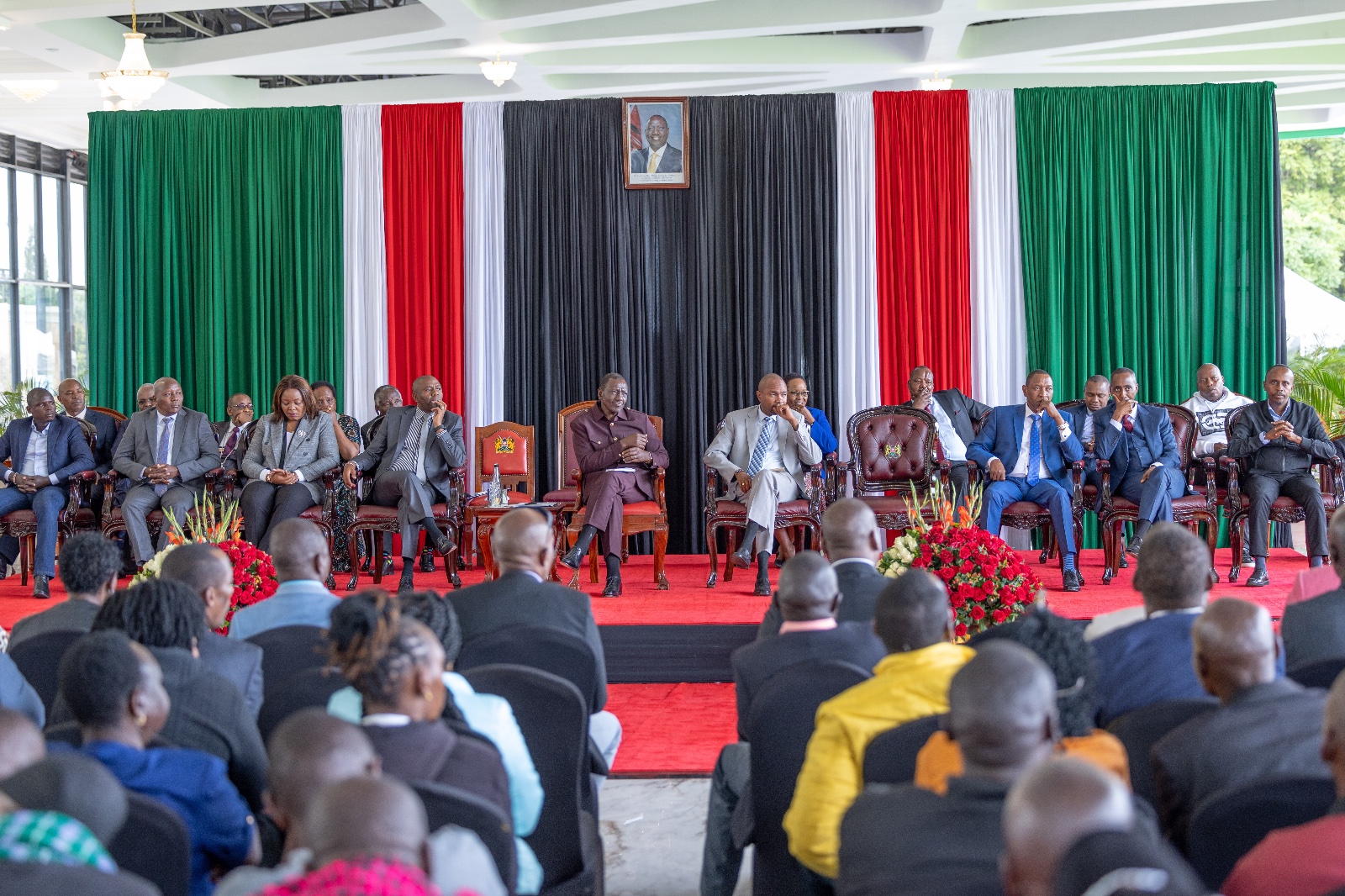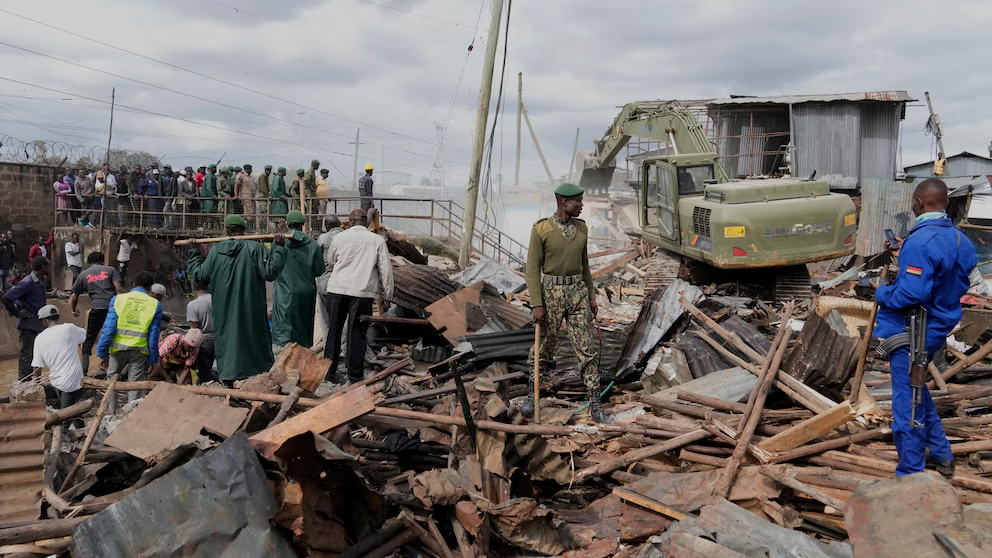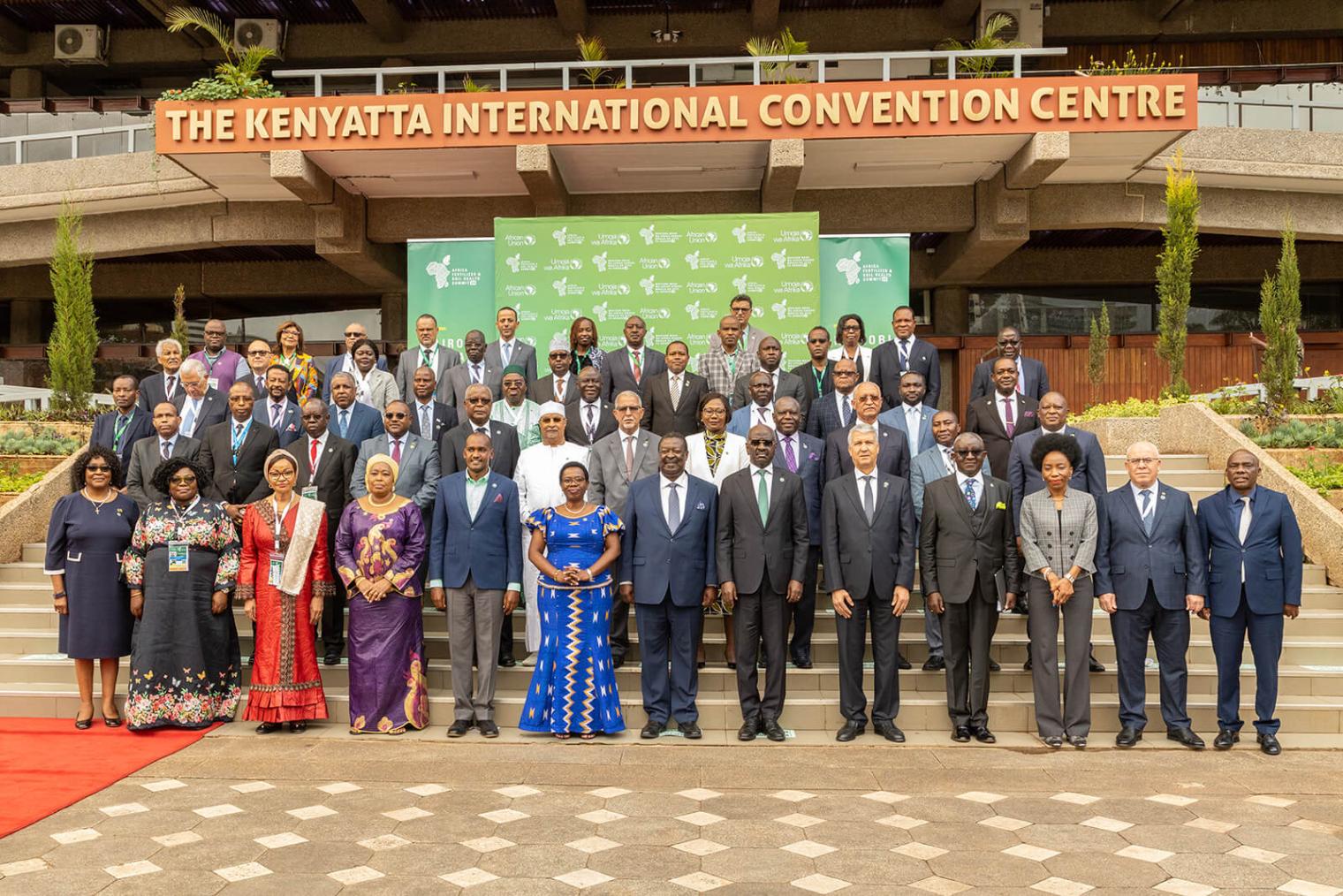
When the Kenya Kwanza Government came into office, the President committed to offer transformative leadership guided by the Bottom-Up Transformation Agenda (BETA) which identified Agriculture, Health, Housing, MSME Economy, the Digital Superhighway, and Creative Economy as the 5 pillars that would be the key drivers of socio-economic transformation. These pillars will offer the greatest impact for Kenyans at the bottom of the economic pyramid, whilst also reversing endemic economic exclusion.
The foremost priority for Kenyans was reducing the cost of living. Among other interventions, the government has made significant strides in addressing this by implementing a paradigm shift in reducing the cost of food, which accounts for about 54% of household expenditures by subsidizing production rather than consumption.
Other measures have included reducing the cost of a 50kg bag of fertilizer from Ksh. 6, 500 in 2022 to Ksh. 2, 500 in 2023. This strategy has resulted in increased maize production by 30% thereby reducing the cost of staple food items like Unga from Ksh250 to approximately Ksh. 150. Additionally, reforms in sugarcane, tea, dairy, and cotton have boosted production, jobs, and farmers’ incomes.
Eighty-five percent of Kenya’s working population is employed in MSME enterprises where a majority suffer financial exclusion. One of the key promises of the Government was engendering financial inclusion. The launch of the Hustler Fund in 2022, aimed at providing affordable credit to MSMEs, has been impactful. By December 2023, the Fund had disbursed over Sh39 billion to 7.7 million borrowers with an impressive 73% repayment rate, thereby bringing those previously excluded into the financial fold while also fostering inclusive growth.
Article 43(b) of the constitution of Kenya 2010 accords every Kenyan the right to “accessible and adequate housing”. The Government committed to the construction of 250,000 affordable housing units annually, and in the process, creating quality youth jobs. As of January 2024, there are over 50,000 affordable housing units under construction countrywide, creating some 120,000 job opportunities and subsequently, improved incomes.
The Government’s key commitment to achieving Universal Health Coverage (UHC) was highlighted through the successful enactment of the Social Health Insurance Act 2023. Operational UHC initiatives, like Afya-Nyumbani, have significantly extended primary healthcare access for Kenyans. These initiatives have trained and equipped over 100,000 Community Health Promoters (CHPs) who reached more than a million households, provided services to over five million people, screened three million for common diseases, and immunized a million children.
Noteworthy health improvements include reduced maternal mortality from 398 to 342 deaths per 100,000 live births and increased antenatal care coverage from 73% to 78%. Moreover, infant mortality rate decreased from 34 to 29 deaths per 1,000 live births. The Government also improved drug availability at KEMSA from 28% to 64% by 2023. With 751,119 new members registered, the total membership reached 16.2 million Kenyans, out of which 7.1 million are active, benefiting approximately 27.3 million Kenyans under the NHIF cover, which translates to about 57 per cent of the population.
The Digital Superhighway was conceived to enhance connectivity, generate jobs and boost e-commerce nationwide. By 2027, the Government plans nationwide deployment of 100,000 km fiber-optic cable, 25,000 Wi-Fi hotspots, 1,450 digital hubs. As of February 2024, 8,400 km of fiber-optic cable and 2,200 hotspots have been installed and, 15,682 government services have been on-boarded on the E-Citizen platform. The Government has also undertaken Digital skills training for 390,968 youth via Jitume and Ajira programs resulting in 135,071 ICT job placements.
To support digital entrepreneurship and enhance access, the Government partnered with MNOs to set up a manufacturing plant for the production of low-cost phones in Athi River. By December 2023, the plant had produced 194,000 units. The plant currently produces 4,500 units daily, for sale at MNOs retail outlets, while employing 310 staff. Thanks to these interventions, The ICT sector grew by 7.3% in Q3 of 2023 compared to the annual economic growth of 5.8%.
In addition to progress in the 5 BETA pillars, the Government also excelled in other key sectors. In Education, 30,000 teachers were hired in 2023, increasing the total to 41,000 from 11,000 in 2022, marking a 272% increase. The transition from Primary to Secondary rose from 84.5% in 2022 to 91% in 2023, aiming for 100% eventual transition.
Under the Blue Economy and Maritime sector, 72 Beach Management Units (BMUs) were transformed into cooperatives by the government, surpassing the 50-unit goal. This initiative, with 45 units from Lake Victoria and 27 from the Coast, will improve organization, resource access, funding, and growth opportunities, particularly in the fisheries sector and for small to medium-sized enterprises.
Whereas it is still early days, the Kenya Kwanza Government scorecard shows significant progress towards fulfilling our Manifesto promises. I’m confident that under the tutelage of H.E. the President Dr. William Samoei Ruto CGH, our contract with the people of Kenya shall be fully, and timely, realized.







